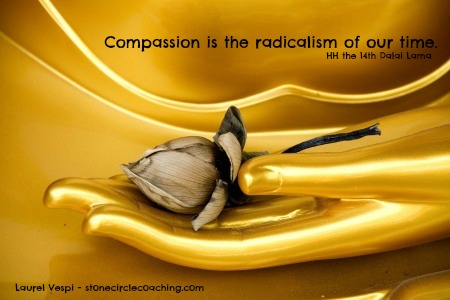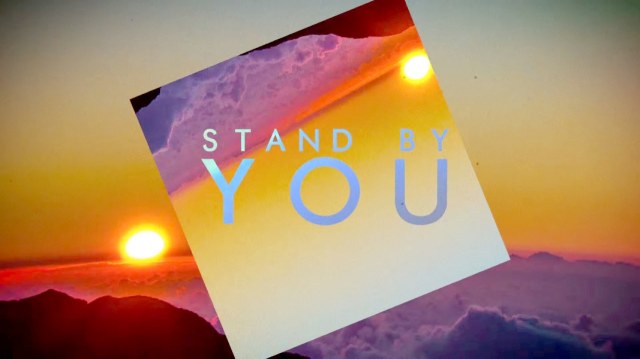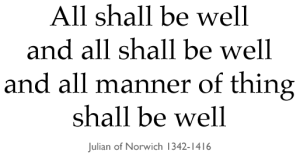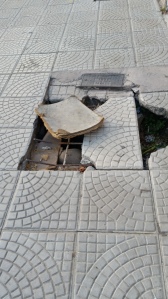
In a matter of weeks, all the dinner tables were sold out. At $50 a plate.
Who would pay such an exorbitant price for a dollop of pinto beans, rice, and a tortilla?
Or spend their Saturday night witnessing reenactments at the border that make you feel uncomfortable?
And who would delay their family vacation in Colorado so they could attend?
Yet, these were the people who came to Annunciation House’s annual Voice of the Voiceless fundraiser recently.
We were there to support Ruben Garcia’s calling – a calling he has been passionately following for more than 41 years.
We were there because all of us have been touched in some way by the migrant poor at our door. Whether it’s through personal encounters at the dozens of hospitality centers set up throughout the Borderland community or through personally witnessing the harsh conditions under which many have been held after their arrival, such as the fenced-in outdoor areas under the port of entry bridge.
For us, eating this simple plate of food is more than symbolic. It is an act of solidarity with our brothers and sisters. It is a statement that we will not sell out. Our integrity, our values, our care for one another in our common humanity – these are not for sale.
Good Samaritans like Teresa Todd, who was the winner of this year’s Voice of the Voiceless Border Witness award, have proven that. BTW, she is the one, along with her entire family, who delayed their vacation so they could personally attend our dinner.

I was thrilled to discover Teresa was this year’s recipient. I had recently read a New York Times article about how this single mother, a well-respected elected official and county attorney of Jeff Davis County, was being prosecuted for helping three El Salvadoran migrants who had flagged her down on a Texas road one night. The three siblings hadn’t eaten for days. The young men’s 18-year-old sister, Esmeralda, was lying on the ground in pain, unable to walk. Her muscle tissue was being eaten up.
Teresa told us that as a mother, as a Christian, as a woman whose parents raised her to care for those in need, she did the right thing. Thinking of her own teenage sons, she helped the three young people into her car and made some calls to local officials for help. Instead of assistance, Teresa was taken into custody by Border Patrol and accused of “harboring aliens.”
Now she is facing federal charges.
Teresa saved the life of Esmeralda that night. And she told us she would do it again.
No matter the current political climate.
She didn’t sell out her values. She acted with courage and compassion. And she kept her moral character and integrity intact.
Unfortunately, we as a nation are not.
As Ruben told us that night, “…the relentless and insidiousness process of dehumanizing human beings is threatening the core of our being.”
That is why Ruben chose this year’s fundraiser’s theme, ‘We hold these truths to be self-evident,’ as a reminder.
“What is being done to refugees stands in stark contradiction of the fundamental principles and values that brought the United States into existence,” he told us.
“Time and again we have heard the word ‘crisis’ used to justify practices that violate the very character of a nation that has been 243 years in the making. The real crisis on the border is a crisis of character and morality.” Ruben Garcia
Neither Ruben nor Teresa are alone in believing this. Many others are expressing or thinking similar beliefs about our moral compass.
This was evidenced by the numerous out-of-state donors listed in our program this year. Sponsors from North Dakota to Maryland, from Alabama to Indiana.
I thank God for people like Teresa Todd and people across the country who have stepped up to volunteer or financially support those who are suffering in our name.
And I pray for all of us, as a country, that we do not “sell out.” That we stop finding ways to justify or ignore cruel and inhumane treatment of others because our business is thriving or our economy is doing well.
When we do so, then we have sold our integrity for greed. We have lost our moral compass. 
And we cannot continue to claim that immigration is about observing the law when we as a country ignore the law when it isn’t convenient or doesn’t match our current agenda.
This was so evident when articles from the Universal Declaration of Human Rights were read at the VoV dinner. The United Nations General Assembly declared these fundamental human rights in December 1948 as a common standard of achievements for all peoples and all nations.
We, as the United States of America, are in defiance of articles such as Article 14, the right to seek asylum; Article 16, the protection of the family; and, most especially, Article 5, “No one shall be subjected to torture or to cruel, inhuman or degrading treatment or punishment.”

I believe our country is at a crossroads.
We are still evolving into the real truth of the words of our forefathers: “We hold these Truths to be self-evident, that all [persons] are created equal, that they are endowed by their Creator with certain unalienable rights – that among these are Life, Liberty, and the Pursuit of Happiness.”
Let us declare that these truths are not for sale.
Article 5: https://youtu.be/jL6IH1AesW4































 Pay attention to where you’re going. It’s one of the lessons I learned in Cochabamba.
Pay attention to where you’re going. It’s one of the lessons I learned in Cochabamba.
